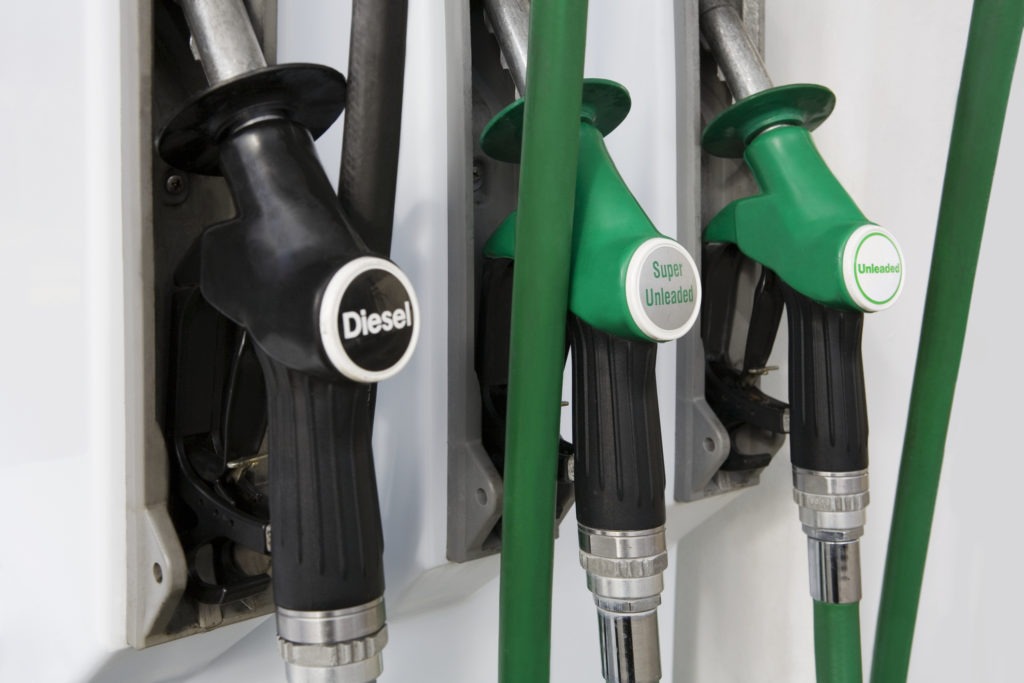Continental believes carmakers will end development of combustion engines in six years
04 August 2017

04 August 2017
The financial chief of German vehicle systems supplier Continental believes that carmakers are likely to stop developing new internal combustion engines within six years as they look to new technologies.
With German politicians and manufacturers agreeing on a raft of measures to clean up diesel engines in order to improve the country’s high levels of air pollution, the company, which supplies regulators for exhaust gas cleaning systems and nitrogen oxide (NOx) measurement sensors, believes electric and hybrid technology will replace traditional engines sooner rather than later.
′A new generation of combustion engines will again be developed but after that [around 2023], a further development will no longer be economically justifiable because more and more work will switch into electric mobility,’ finance chief Wolfgang Schaefer told news agency Reuters.
With France and the UK moving to ban the sale of new petrol and diesel vehicles, and countries such as Norway looking to phase out the internal combustion engine, manufacturers will need to look at developing their hybrid and electric technology in order to ensure they remain competitive in these markets. There is also the possibility that other European countries, such as Switzerland, will follow suit in banning sales of non-electrified vehicles. In addition, new quotas in China, stating how much of a car company’s fleet must be electric, mean the global automotive market has to change.
The issue of driving bans for diesel vehicles was intended to be dealt with by the decision from German manufacturers to retrofit Euro 5 and 6 engine cars with new software to reduce their emissions. However, the mayor of Munich, home to BMW Group, has expressed doubts about whether the plans are enough to avert possible bans of diesel vehicles.
′I fear that the promised software updates for newer cars and financial support for the owners of old cars will not be enough to protect the health of people in the cities,’ mayor Dieter Reiter said of the deal.
Fritz Kuhn, the mayor of the city of Stuttgart which is also considering a ban, said he was disappointed about the result of the deal, saying: ′That can only be a first step, more must still come.’
Meanwhile, Ford’s German operation has decided against joining the program of retrofitting software to diesel engines in the country, calling the plan ineffective. The company believes the update will result in ′negligible customer benefit and have no real impact on air quality.’ A statement released by the carmaker also said the deal could raise ′unrealistic’ expectations from the authorities and non-governmental organisations.
Ford is instead offering incentives of between €2,000 and €8,000 to encourage customers to trade in Euro 1, 2 or 3 diesels registered in 2006 or earlier for a new Ford model, and may look to extend the offer outside of Germany. This falls in line with plans by German manufacturers, as part of the deal announced at the country’s diesel forum on 2 August.